Angola
Angola's national human rights strategy, the impact of the pandemic on the management of fundamental human rights, gender equality and elections were some of issues that dominated the annual meeting between the Angolan Ministry of Justice and the African Union Delegation.
On recent demonstrations and actions of the national police, the European Union ambassador in Angola,Jeannette Seppen, said that the pandemic generated a challenging situation.
Jeannette Seppen said that in fact covid-19 would have created pressure on some fundamental rights worldwide. But she urges a respect for freedoms.
At the end of the meeting, Angola's Minister of Justice and Human Rights, Francisco Queirós, also mentioned the last two demonstrations and what could be the basis for the clashes between protesters and the police.
"What hampered this dialogue between the population, the protesters and the government was the intervention of a harmful factor, a political factor. Because there were those who took advantage of this situation to make political claims of another nature that have nothing to do with social issues,"said Francisco Queirós, Minister of Justice and Human Rights.
This is the second meeting at the ministerial level, taking place under the agreement known as Joint Paths signed in 2012 between Angola and the European Union.''




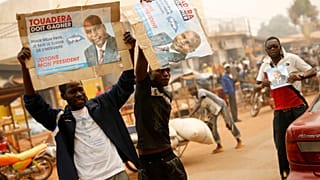


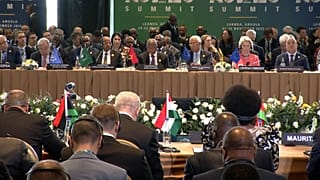
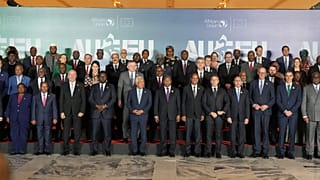
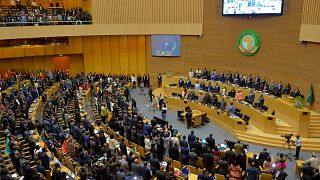
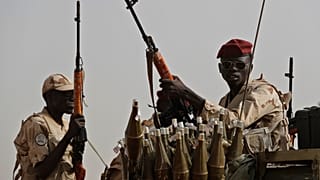
Go to video
Fears of new clashes as police in Tanzania outlaw Independence Day protests
01:13
United Nations decries crackdown on opposition ahead of Ugandan elections
01:00
French President Emmanuel Macron to embark on Africa tour
01:11
Africa faces worst cholera outbreak in 25 years, says Africa CDC
Go to video
South Africa’s unemployment rate drops slightly to 31.9%
00:59
Angola celebrates 50 years of independence as social inequalities persist